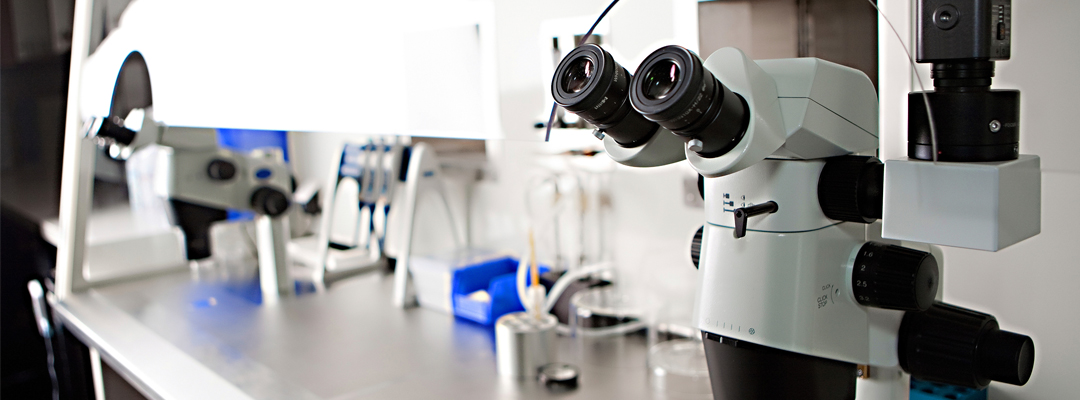
06 Dec How embryos are assessed for successful IVF in ART labs?
The routinely transfer of embryos into the intended female parent is done on 2nd day of her menstrual cycle to prevent degenerative changes that may occur if the embryo is kept in In-vitro for longer periods.
The first analysis of progress of fertilization done by embryology doctors in India takes place around 18 hours post-insemination. On 2nd day, post insemination of eggs or oocytes with normal fertilization and cleavage contain about 2 to 8 blastomeres. At this stage, embryos need proper assessment to select those with highest rate of implantation success.
At present, this assessment is mainly based on morphological characteristics. Though the correlation between gross morphology and implantation potential is limited, the method is quick, non-invasive and easy to perform on routine basis.
The standard criteria used in assessing morphological criteria include the rate of division judged by size, shape, and symmetry, number of blastomeres and cytoplasmic appearance of the blastomeres and the presence of nucleate cytoplasmic fragments.
Embryos are classified on the basis of these criteria:
Grade 1: Embryos have even, regular, spherical blastomeres with moderate refractivity and with intact zona. Sometimes, blastomeres may be in division or may have divided asynchronously. These blastomeres may appear uneven but are perfectly normal. Hence, it is a highly-subjective assessment and individual judgment plays an important role. Embryos at this stage have NIL or very few fragments (less than 10%).
Grade 2: Embryos have uneven or irregularly shaped blastomeres with mild variation in refractility and no more than 10% fragmentation.
Grade 3:The blastomeres show less than 50% of fragmentation. The intact blastomeres are in grade 2 condition with refractility associated with cell viability. The zona pellucid must be intact.
Grade 4:More than 50% of blastomeres are fragmented and there may be gross variation n refractility. The intact blastomeres appear viable.
Grade 5: These are zygotes with two pronuclei on day 2 either due to delayed fertilization or re-insemination on day 1.
Grade 6: Embryos are non-viable with lysis, contracted or dark blastomeres. It has been seen that about 20% of embryos of grade 1 or 2 get implanted in the uterus on transfer. The percentage drops to 1.5% with highly fragmented embryos.
IIRFT, a renowned Fertility institute in India, offers a wide-range of fertility trainings to produce skilled embryologists and help couples overcome infertility through simple assisted reproductive technology (ART) methods.
If you have the passion to learn about state of the ART (Assisted Reproductive Technology) with cutting edge technology under the guidance of Dr. Rita Bakshi & Competent Team, Get admission now by filling the details in the section mentioned below or write us at contact@iirft.com for any query.
